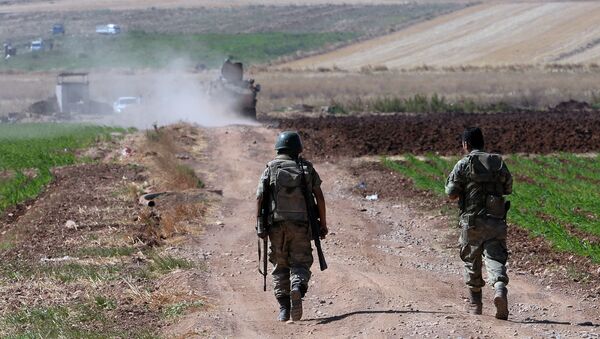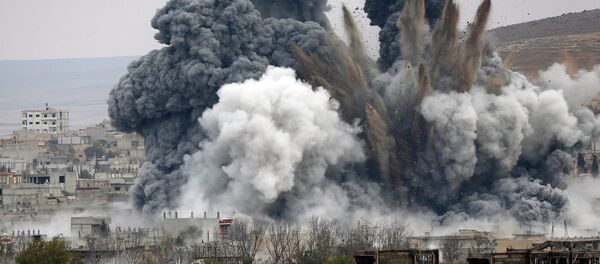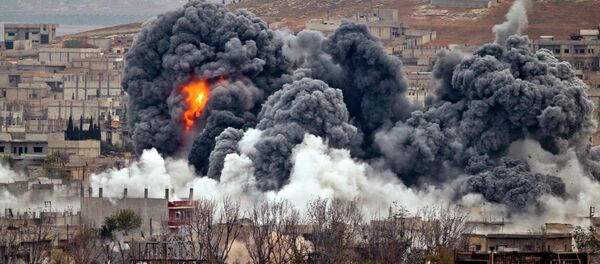Erdogan's Electioneering
The last Turkish general election dealt a disappointing defeat for Erdogan and his AKP party, which failed to acquire the parliamentary majority that they hoped would grant them the power to change the constitution. Part of the reason for this was two-fold — the Kurdish-affiliated People's Democratic Party (HDP), running for the first time, won a sizeable 13.1% of the vote; and the right-wing Nationalist Movement Party (MHP, the people who think Erdogan should be more aggressive) captured 16.3% of the total. Evidently, the voters who supported these two parties took electoral support away from the AKP and deprived it of its planned majority. In the current political predicament, Erdogan must now either form a coalition government with the MHP (which neither side said they would do) or schedule early elections, the latter of which is the more feasible of the two options.
In preparing for the coming vote, which could very well be a do-or-die moment for the AKP, Erdogan is taking no chances. In order to secure his party's chances of clinching the fabled majority, he appears ready to exploit the anti-Kurdish offensive (which has stoked pro-government nationalist sentiment and likely attracted MHP voters) in order to suppress the HDP. The Turkish President has already asked legislators to lift the party's parliamentary immunity from prosecution, intimating that some of its leaders might have links with the PKK, the Turkish- and Western-designated terrorist group that Ankara is once more fighting against. While he publicly resists the populist calls to outright ban the HDP, Erdogan recently proclaimed that "…executives of this party should pay. The Turkish state has the power to make so-called politicians and so-called intellectuals pay for the blood of its martyrs."
This bluster of nationalism may foreshadow the anti-Kurdish political repression that his critics fear, which would basically shut them out of the political process next election. If Erdogan can get all his ‘ducks in a row' by taking nationalist votes away from the MHP while simultaneously eliminating his HDP competitors, then he'd dramatically increase the chances that the AKP would win the snap vote and usher in the constitutional changes that would empower his presidency.
US Turns On The Kurds
Tick Tock
The timing for all of this (Turkey's dual offensives, the Incirlik decision, and Obama's new anti-Syrian aggression) was specifically coordinated so as to be rolled out almost immediately after the Iranian nuclear agreement was concluded. The US didn't want to risk upsetting Iran and scaring it away from signing, ergo why such decisions were pushed back until after the ink was dry. Now that Iran has committed itself to the Joint Comprehensive Plan of Action, there's a little over a six month window until it can receive the billions of dollars of frozen funds that were withheld from it due to the UNSC sanctions. The impending financial windfall will allow Iran to more robustly assist Syria and its other regional allies in strengthening their defenses against unipolar aggression, which is why the US knows that it only has a set amount of time to act in fulfilling its regional designs. It's for this reason that the US is heating up its War on Syria at the same time that Saudi Arabia has intensified its War on Yemen.
The views expressed in this article are solely those of the author and do not necessarily reflect the official position of Sputnik.






